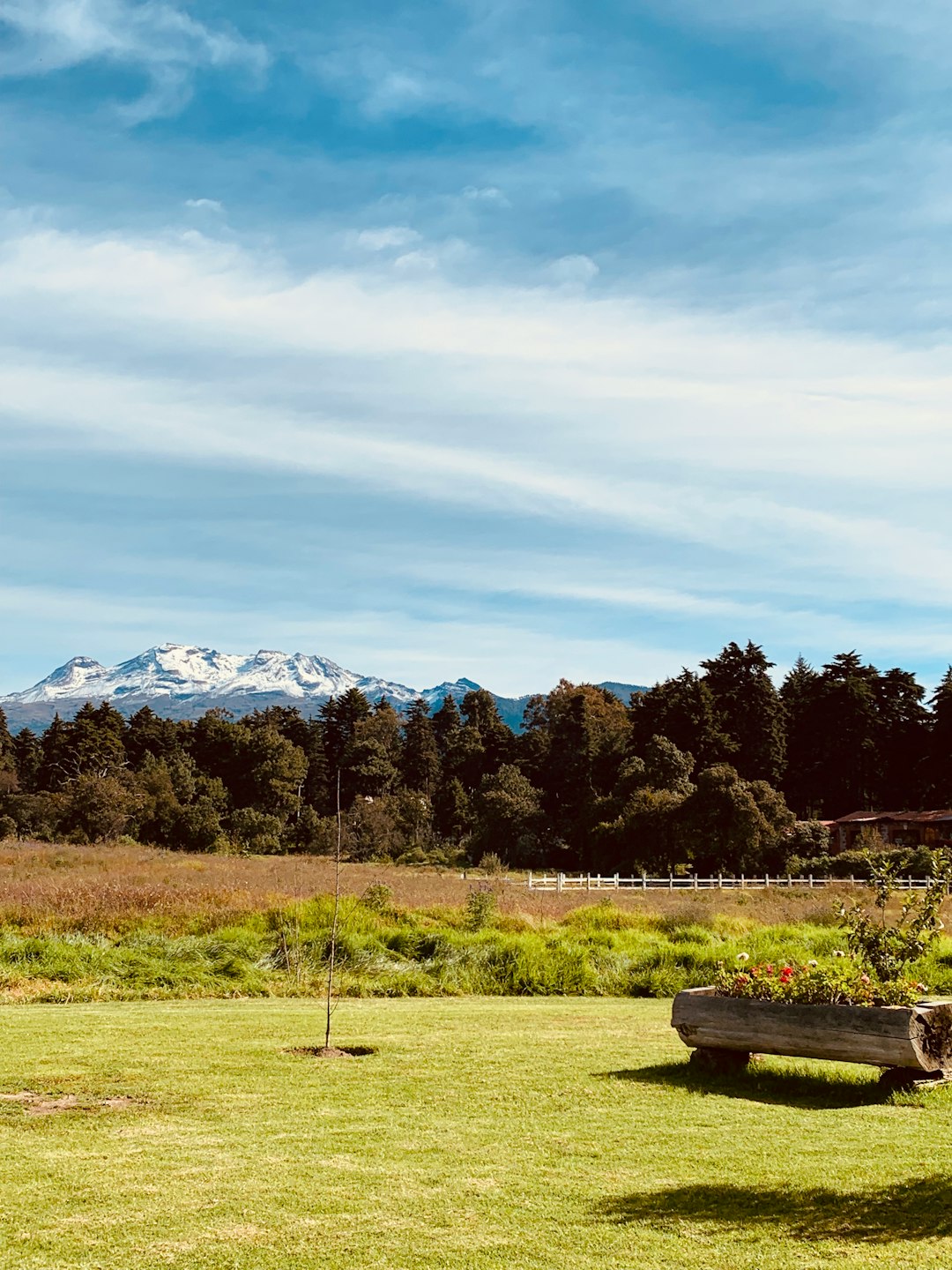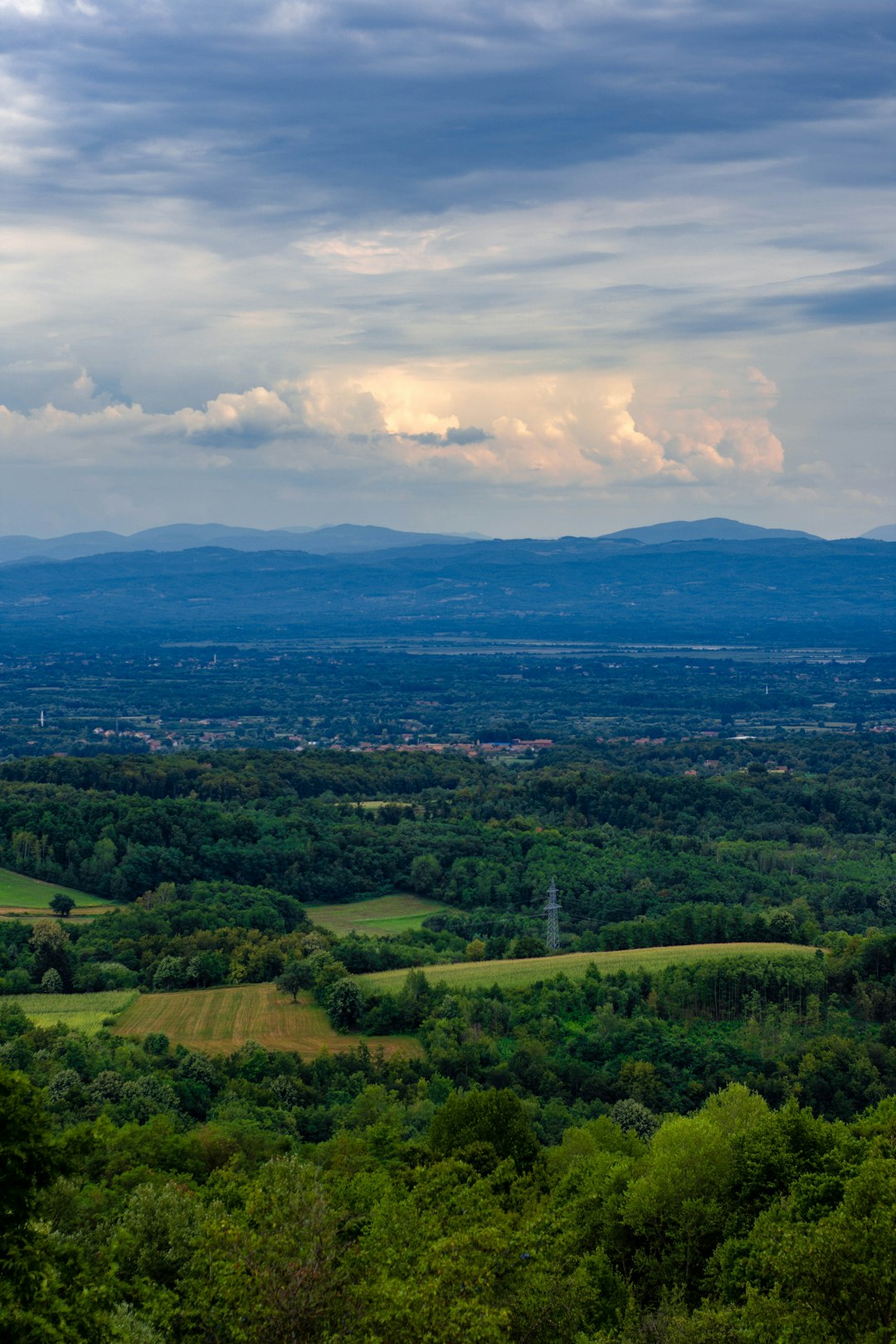

First impressions are key in realty, and this stands even more accurate in the affordable Hawaiian market. Beginning by tackling any type of required fixings— both significant and minor. A dripping tap or a squeaky door might not appear like a dealbreaker, however it can be a turn-off for potential buyers. Make certain the residential property’s services, such as air conditioning or a pool, are in excellent condition, as these are very valued in the tropical environment.
Staging your home can likewise play an essential role. Enhance the all-natural elegance of your environments by optimizing all-natural light and complementing the interior with exotic vegetation. Remember, customers aren’t just purchasing 4 walls and a roof; they’re buying right into a way of life— one that’s synonymous with relaxation and all-natural elegance.
In addition, think about a professional inspection. Not only does this show openness, however it also gives you a possibility to attend to problems before they emerge in customer evaluations, possibly hindering an offer later.
Offering land in Hawaii might stand for one of the extra significant financial deals you engage in. Undoubtedly, the decision to offer is never made gently, and it's important to approach this task with a singularity of objective and prep work. To transform your land right into fast money, you need to offer your building as not simply a piece of land but as an entrance to the way of life and serenity that Hawaii assures.
It's vital to understand that marketing land varies substantially from selling developed properties. A residence provides tangible credit to attract customers, such as bed rooms, bathrooms, and kitchens, but land sales are usually regarding the possible and the dream. When marketing your land, you need to highlight not just the physical attributes yet likewise the capacity for what the land can become, whether that's an exclusive residence, a commercial advancement, or a store agricultural enterprise.
Additionally, engaging with a property representative that has a tried and tested track record in land sales, particularly within Hawaii, is extremely important. They can direct you through the sensible actions of offering your land, from first listing to the last handshake. This is key for sellers that are searching for fast money, as an experienced agent can expedize the process substantially.
Potential purchasers beware; the pursuit for your Hawaiin dream building requires attentive research and an understanding of both the marketplace and your wishes. Safeguarding a skilled regional real estate agent isn’t simply recommended, it's necessary. They know with the nuances of the regional market and can supply emotional understandings that are instrumental in your decision-making procedure.
In addition, it's a good idea to have a clear vision of your budget, along with your purpose for the land. Whether you're seeking to build a residential property to live in or to construct a commercial venture, your purposes will substantially form the land you must think about. It’s vital to assess the facilities and access to utilities on any possible property, as these aspects can dramatically affect both your budget and timeline.
Finally, factor in the expense of possession past the purchase price, including real estate tax, potential home owners association costs, and maintenance prices. Hawaii is a desire, but it's crucial that your spending plan remains securely based in truth.


Exploring the legalities of land ownership in Hawaii can really feel as complicated as navigating an ancient Hawaiian rainforest. One special function of the Hawaiian real estate landscape is the frequency of leasehold buildings. This suggests that purchasers might acquire the structure built on the land, while the land itself continues to be rented for a certain duration.
Freehold possession, or 'Cost Simple,' on the other hand, requires the full possession of both the land and any kind of frameworks upon it. Recognizing the differences in between these two and the lasting ramifications they might have on your investment is absolutely essential.
It's likewise essential to remember the presence of 'Preservation Districts,' which are managed locations meant to maintain significant natural resources and environments. If your land exists within these bounds, there will be additional limitations and standards for its use.
Tourist undoubtedly fuels Hawaii's economic climate, which by extension, puts in a powerful impact on building values. The islands' proceeded popularity as a vacation destination can bring about raised need for land, driving real estate costs northward. Growth projects aimed at fitting the influx of visitors— such as hotels, hotels, and enjoyment complexes— can likewise intensify surrounding land worths.
Nevertheless, with possibility comes danger. Overdevelopment might possibly thin down the really appeal that attracts people to Hawaiian shores, bring about a precarious balancing act between financial development and preservation. This is a critical factor to consider for any kind of financier looking for to take advantage of tourism-driven advancement.
Additionally, the ups and downs of global travel trends, which might change due to financial slumps or health and wellness crises, can likewise impact the marketplace. Astute financiers will need to consider these factors when figuring out the timing and nature of their investments.


At the heart of Hawaiian culture exists the Aloha Spirit— a viewpoint of shared regard and love, prolonging beyond individuals to encompass the land itself. As we witness the ebullient growth and advancement, there rises a require liable stewardship to make certain the conservation of this spirit.
Involving with the community and understanding conventional Hawaiian customizeds and worths can shed light on sustainable techniques that recognize the land. Integrating modern development with standard worths not only respects the heritage however can additionally resonate positively with locals and visitors alike, producing an extra profound and authentic Hawaiian experience.
Most importantly, guaranteeing that growth does not infringe on the legal rights and resources of native Hawaiian populaces is not just a legal issue however an ethical one also. This synergy between development and preservation is where we might locate the truest kind of success in Hawaii’s realty endeavors.
Finally, the journey to owning land in Hawaii is filled up with marvel and fraught with complexity. Welcoming the Aloha Spirit in your realty ventures doesn’t just close a transaction yet weaves you right into the elaborate tapestry of Hawaii's cultural landscape. Whether pulled in by the islands' all-natural majesty or the thriving tourist market, browsing this surface demands respect, understanding, and a determination to discover the nuances that make Hawaiian real estate as distinct as the islands themselves. With taken into consideration planning, expert recommendations, and a considerate technique, your slice of heaven in Hawaii isn't simply a dream— it's a possibility.
Approaching the finish line in purchasing Hawaiian land, it's essential to ensure a smooth transaction. This ending step requires accurate control and a clear understanding of the acquiring procedure. One important suggestion for a seamless close is to establish practical timespan, acknowledging the reality that property deals tend to take longer in Hawaii than on the mainland due to governing and logistical intricacies.
Clear communication in between all parties is vital. This includes all stakeholders — from your real estate agent and attorney to lenders and escrow officers. Maintaining an open dialogue will certainly assist in better understanding and effective handling of the various actions associated with closing the deal.
Last but not least, be planned for the financial facet of closing. Comprehending all the costs involved, including escrow fees, title insurance, and property taxes, will protect against any shocks. Additionally, guarantee all documents are carefully examined before finalizing; this is where your attorney's know-how comes to be essential, protecting your interests as you formally become a landowner in the Hawaiian Islands.
In conclusion, acquiring land in Hawaii can be a fulfilling venture, using the best imagine island living. Yet it demands complete preparation, considerable due persistance, and an intimate understanding of the special Hawaiian residential or commercial property market. By thoroughly thinking about the insights supplied in this discussion and sticking to the standards outlined, you will certainly be well-positioned to finish your acquisition with self-confidence and start the exciting trip of having a slice of Hawaiian heaven.

Selling your land may involve capital gains tax and transfer taxes; consulting with a tax advisor is recommended to understand your obligations.
Selling with flexible terms like owner financing may attract more buyers quickly who prefer non-traditional financing methods.
While not mandatory, hiring an experienced real estate agent can help expedite the sale process and ensure you get the best possible price.
You can get a professional appraisal, compare recent sales of similar properties in your area, or consult with a real estate agent specializing in land sales.
Yes, but any outstanding property taxes will need to be settled at closing from the proceeds of the sale.